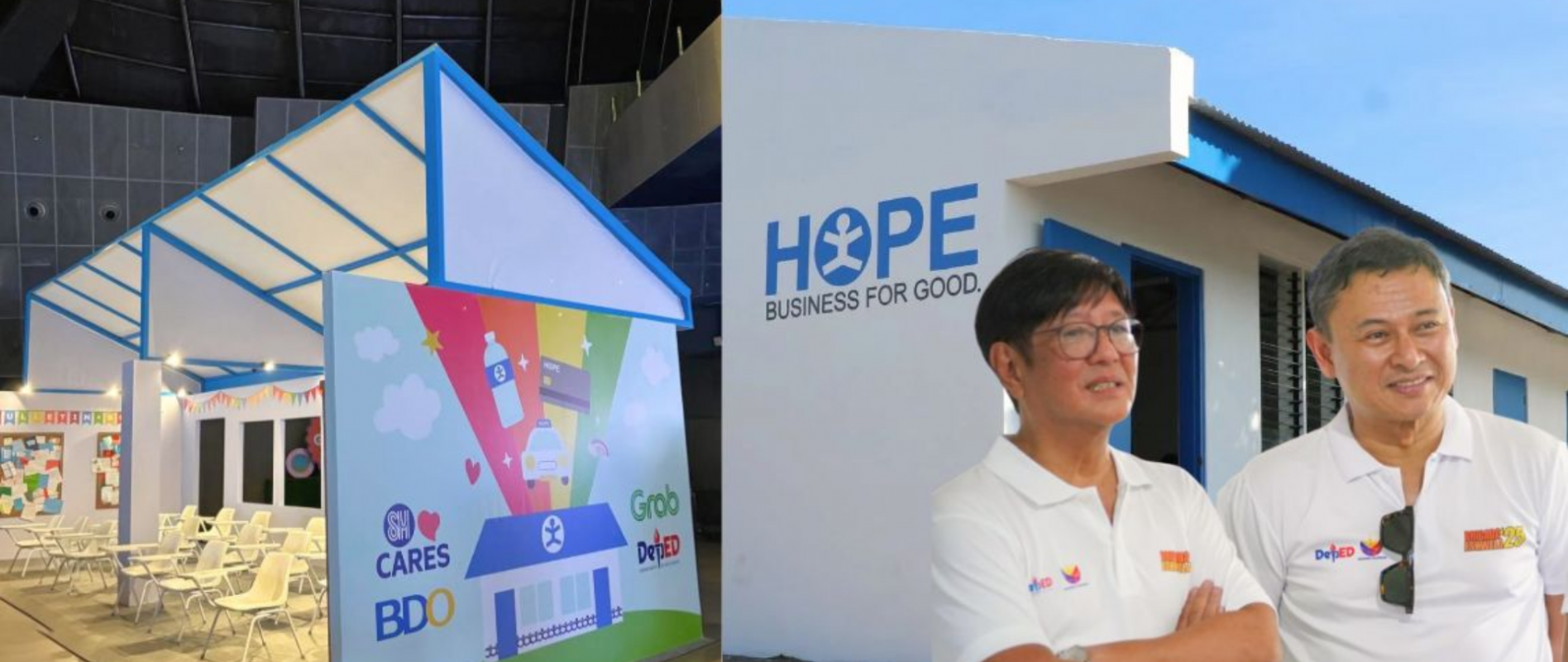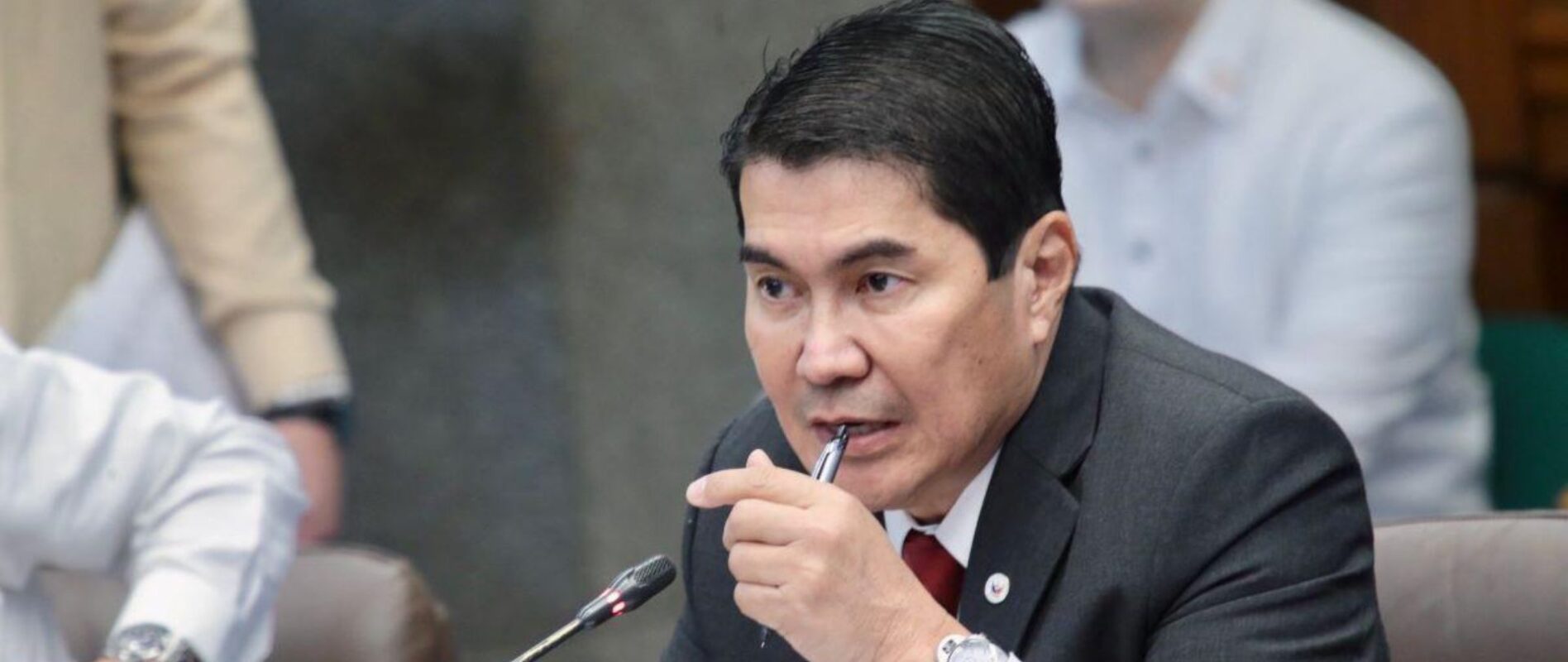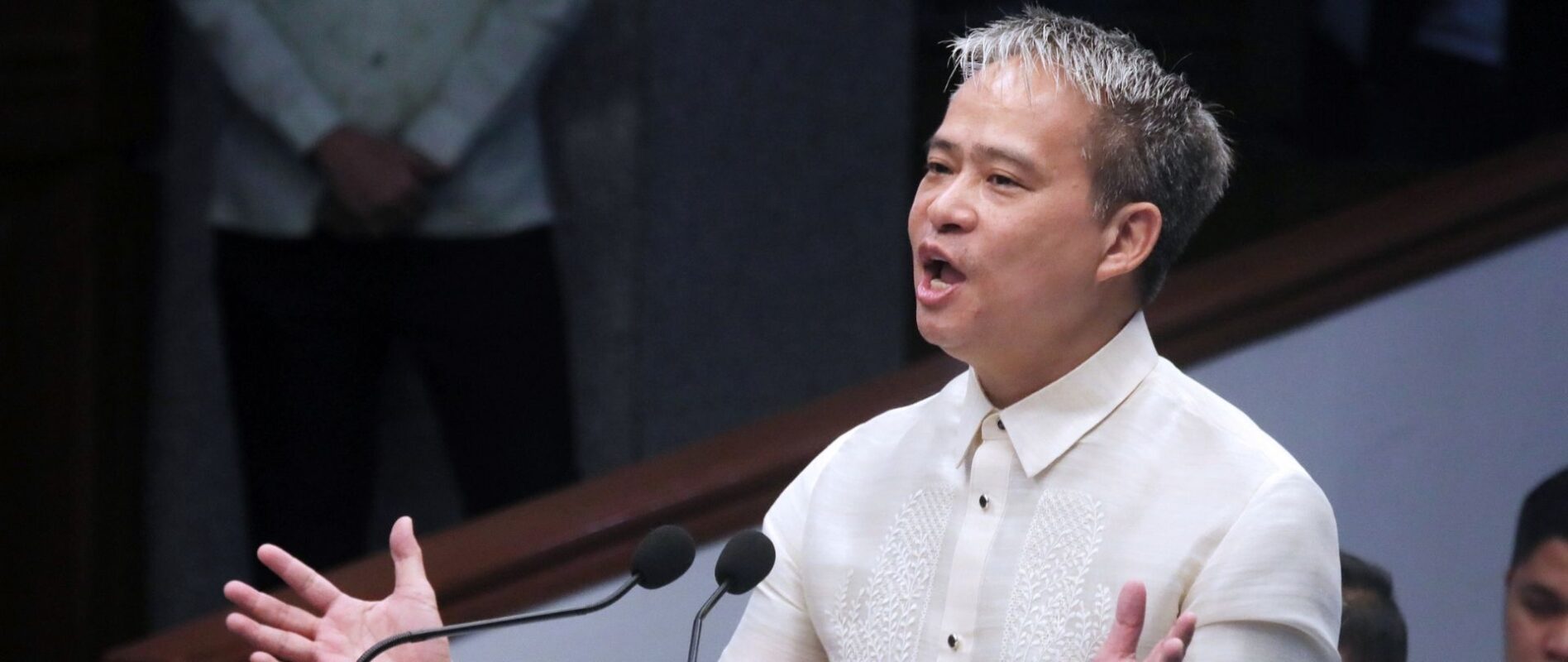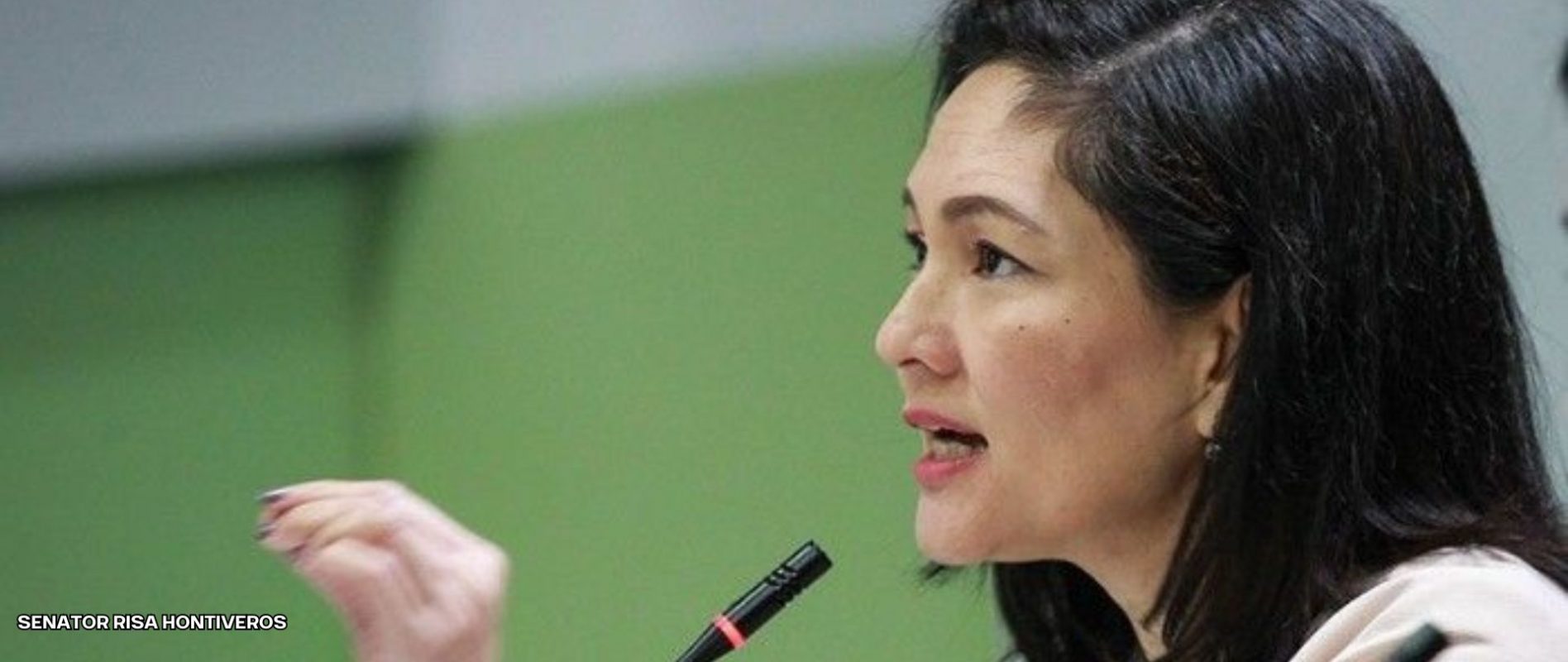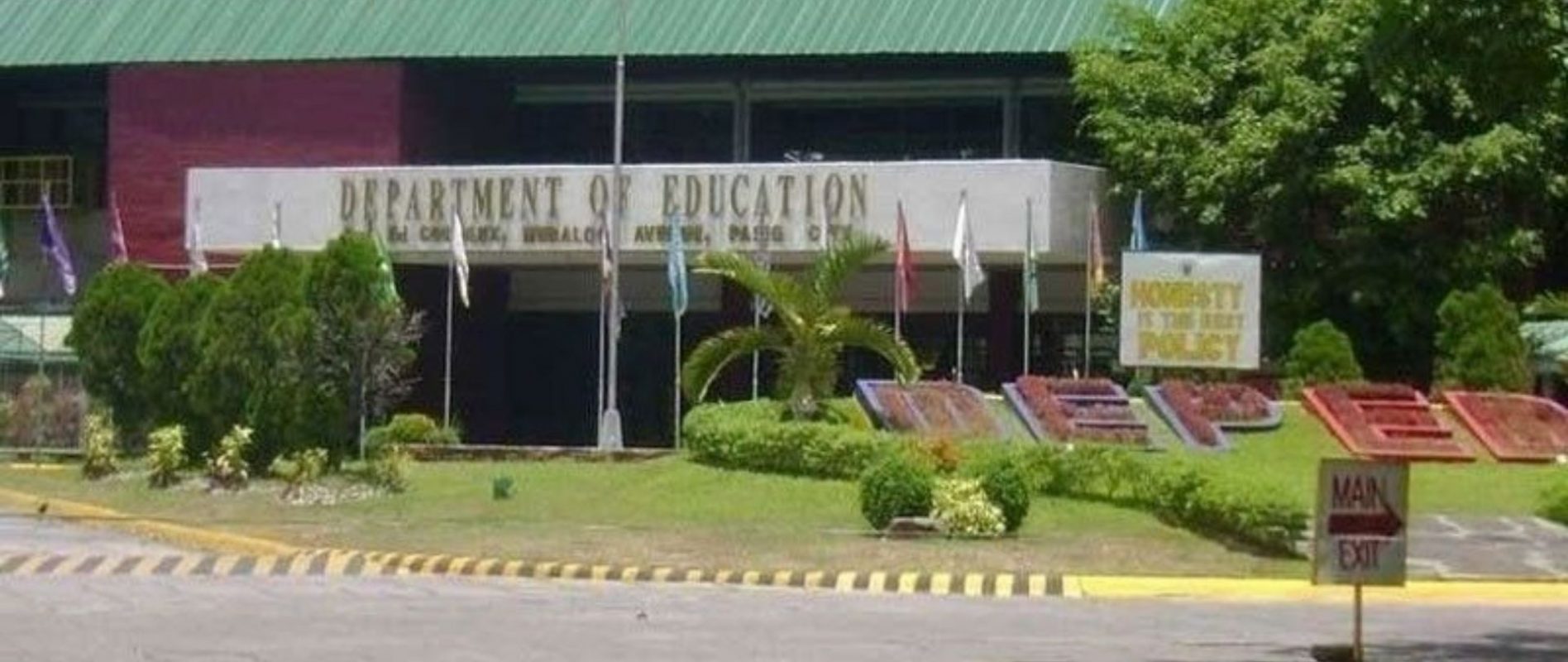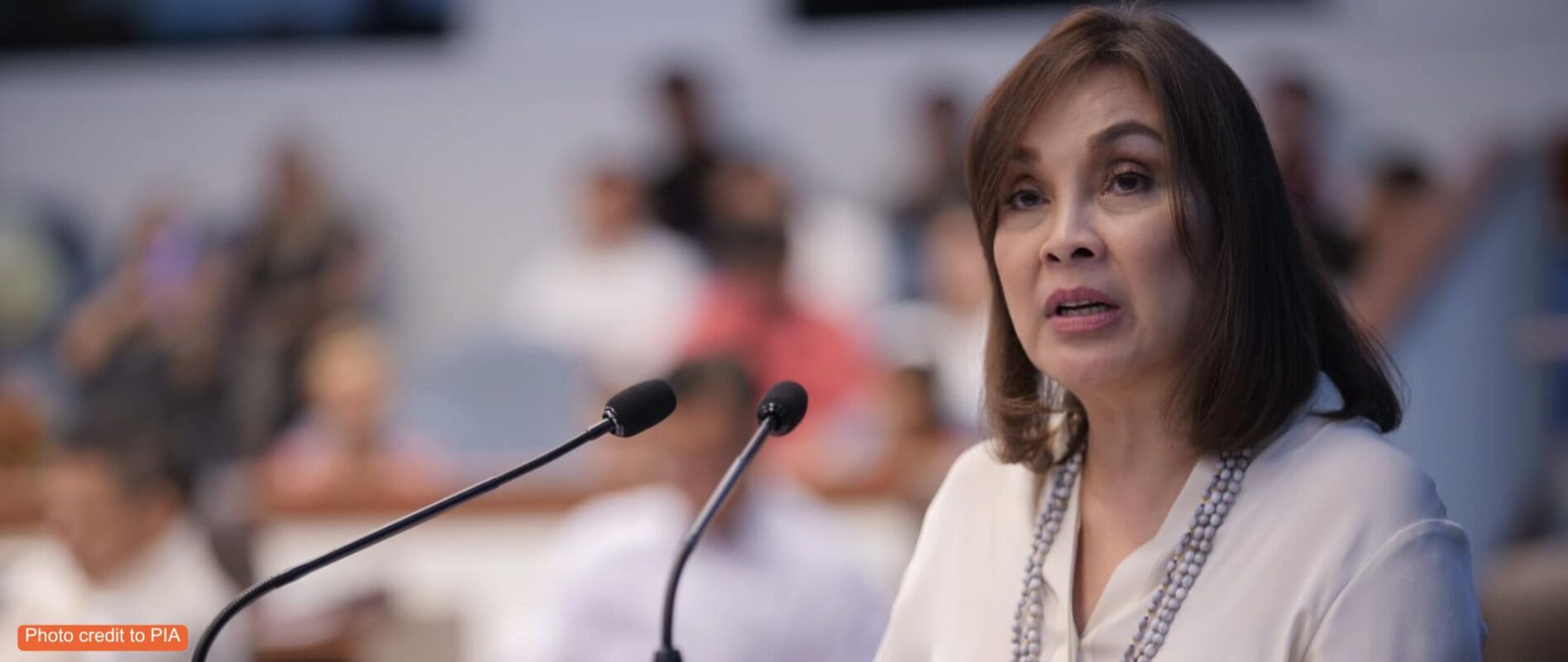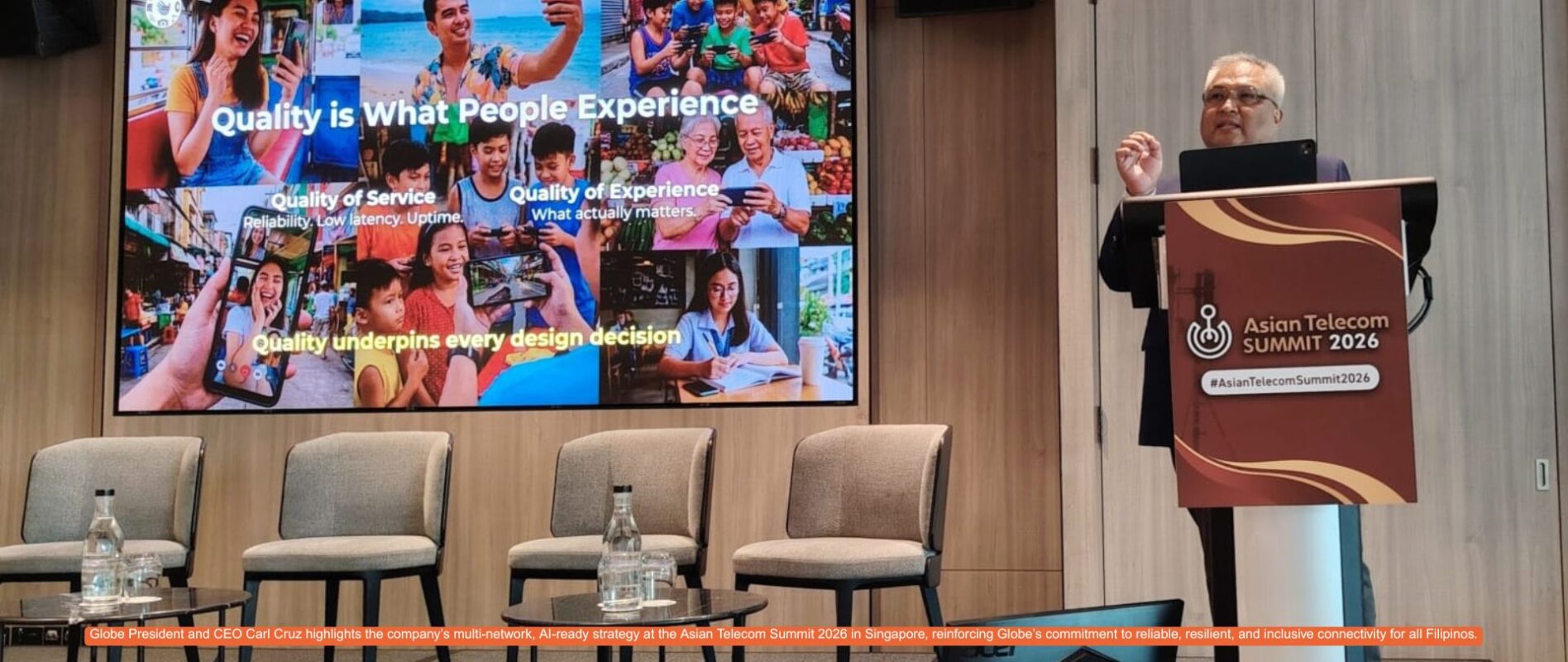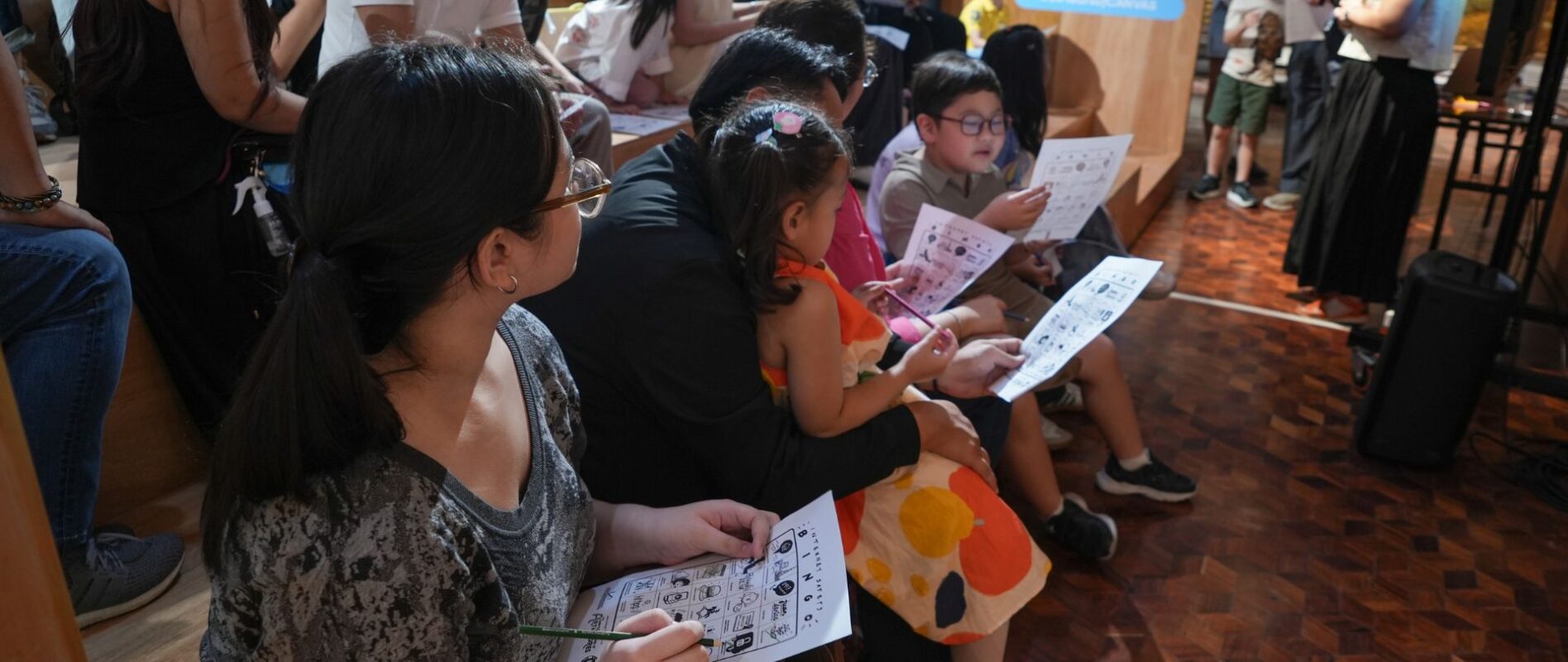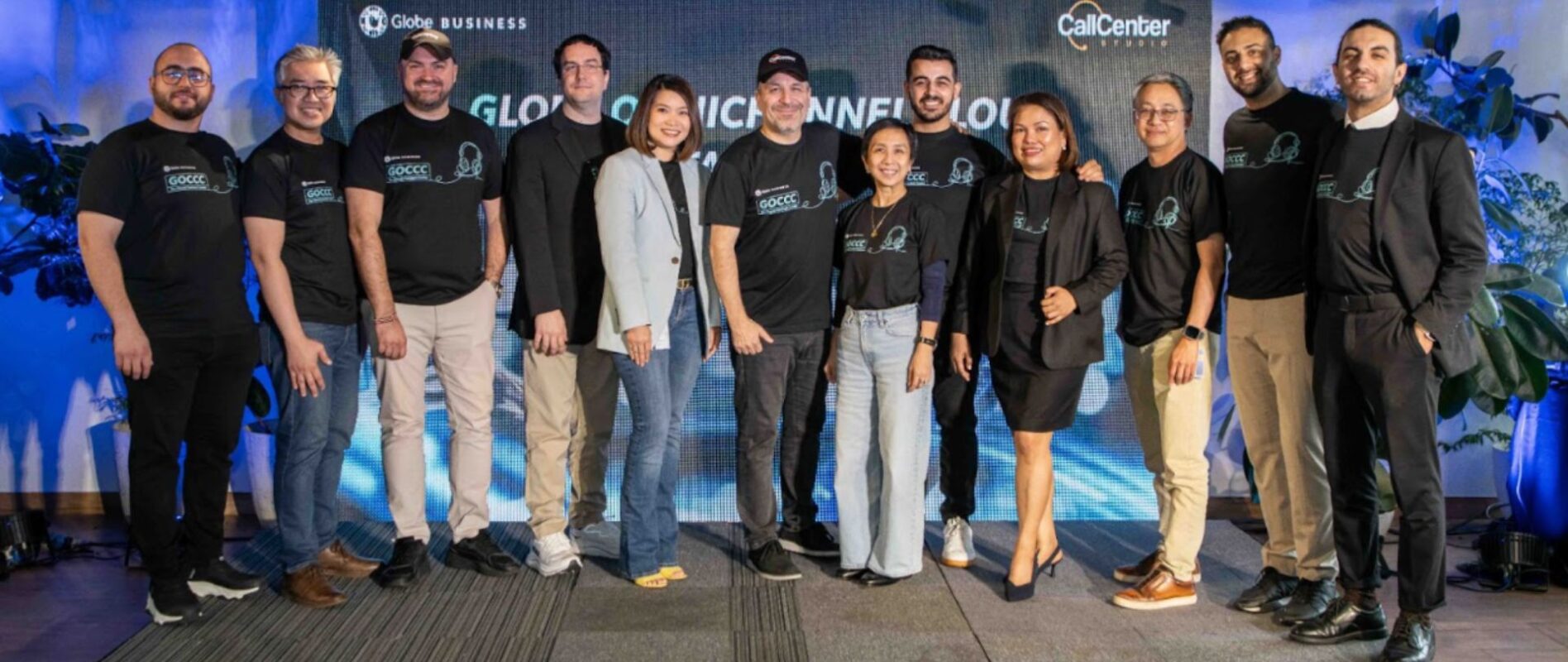SOLON LAUDS DEPED, HOPE PARTNERSHIP TO ADDRESS CLASSROOM SHORTAGE
HOUSE Speaker Ferdinand Martin Romualdez welcomed the Department of Education’s partnership with HOPE and several private companies to address the country’s massive classroom backlog, describing it as a landmark collaboration aligned with President Ferdinand R. Marcos Jr.’s vision of a whole-of-nation approach to education reform.
Under the Generation HOPE program, companies such as SM, Penshoppe, Grab, Aivee, Carmen’s Best, Sunnies, and Banco de Oro are joining forces with DepEd to construct new classrooms nationwide through a public-private partnership scheme.
“This project is not just about building classrooms—it is about giving concrete hope to every Filipino child. Through the cooperation of government and the private sector, we are providing safer, better, and more effective learning environments for our students,” Romualdez said.
Founded in 2012 by Nanette Medved-Po, the HOPE group—composed of Generation HOPE, Inc. and Friends of HOPE—funnels 100 percent of profits from its flagship products, Hope in a Bottle and Hope in a Box, into classrooms and other social initiatives.
To date, the company has built 144 classrooms benefiting over 52,000 learners nationwide. Each classroom, measuring 7 by 9 meters, is typhoon-resilient and comes equipped with a chalkboard, a teacher’s desk, electric fans, a restroom, and ample ventilation.
Romualdez stressed that the initiative highlights the private sector’s readiness to support President Marcos’ commitment to closing education gaps. He also commended Education Secretary Juan Edgardo Angara for his clear direction and compassion in mobilizing stakeholders behind the program.
“In partnering with the private sector, we are also laying the foundation for the dreams of the next generation—one that will raise the quality of education in our country and help them achieve their aspirations,” he added.
In his State of the Nation Address last July 28, President Marcos announced that his administration will collaborate with the private sector to build 40,000 additional classrooms by 2028, in line with his goal of ensuring at least one college or technical-vocational graduate in every Filipino family.
Romualdez assured that Congress stands firmly behind the President’s education agenda. He cited the proposed ₱6.793-trillion national budget for 2026, which allocates ₱28.1 billion for Basic Education Facilities—including the construction of 4,869 new classrooms and the rehabilitation of existing ones.
He also underscored that the partnership represents the spirit of Bagong Pilipinas, where government, private sector, and communities work together to uplift lives and create lasting change.
“Much more should be done to close the gaps and advance our education system. As we deliberate on the proposed funding for our teachers and learners, we will ensure that every peso of taxpayers’ money is prudently and wisely spent for the future of our youth, many of whom aspire only to lift their families out of poverty,” Romualdez said.
“Under Bagong Pilipinas, we will strive to make Filipino students and their families feel that government is with them every step of the way. This is governance at its best—a commitment to securing the future of our next generation of responsible citizens and leaders,” he added.

